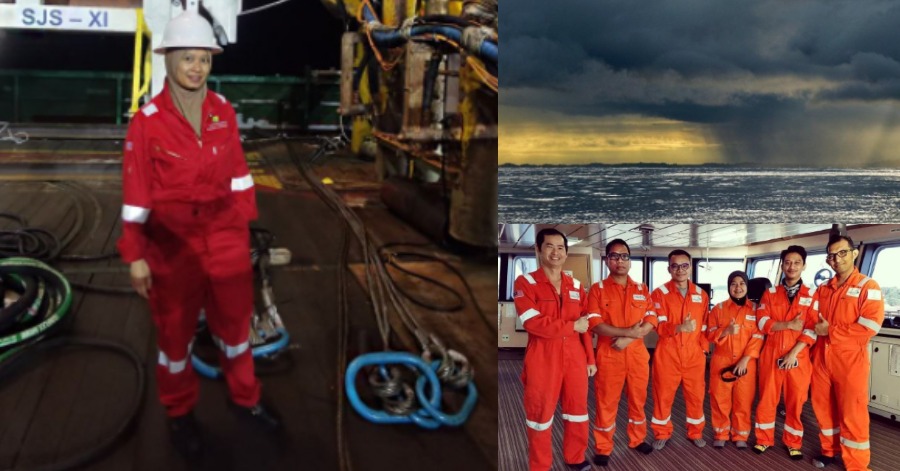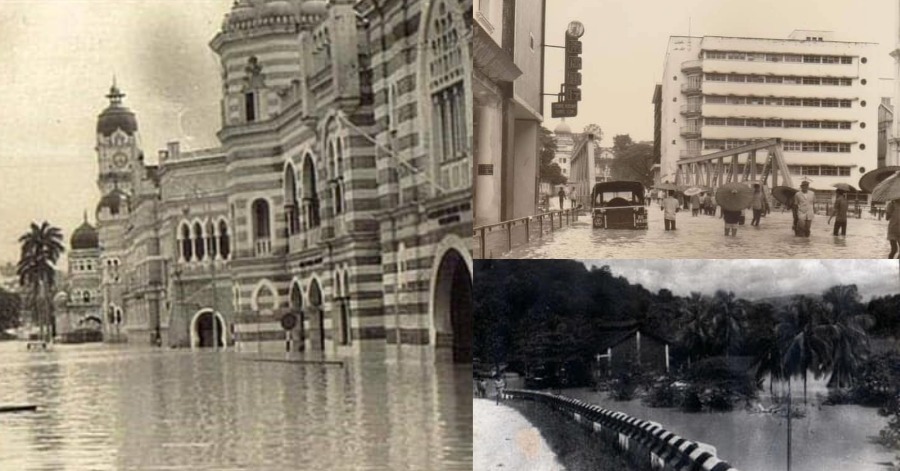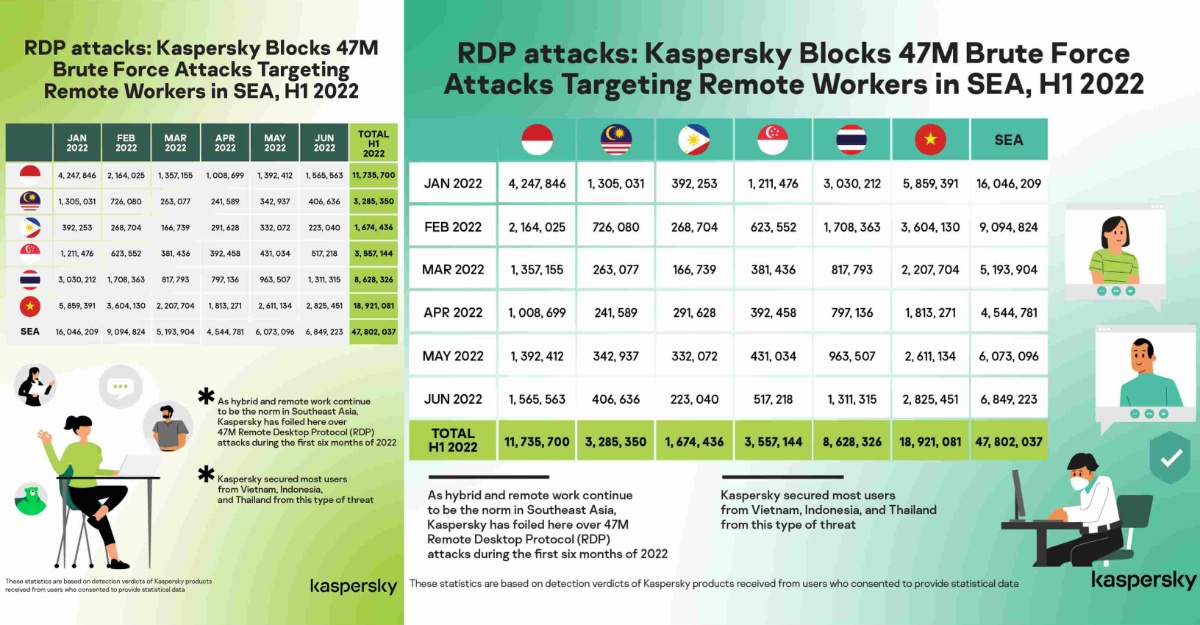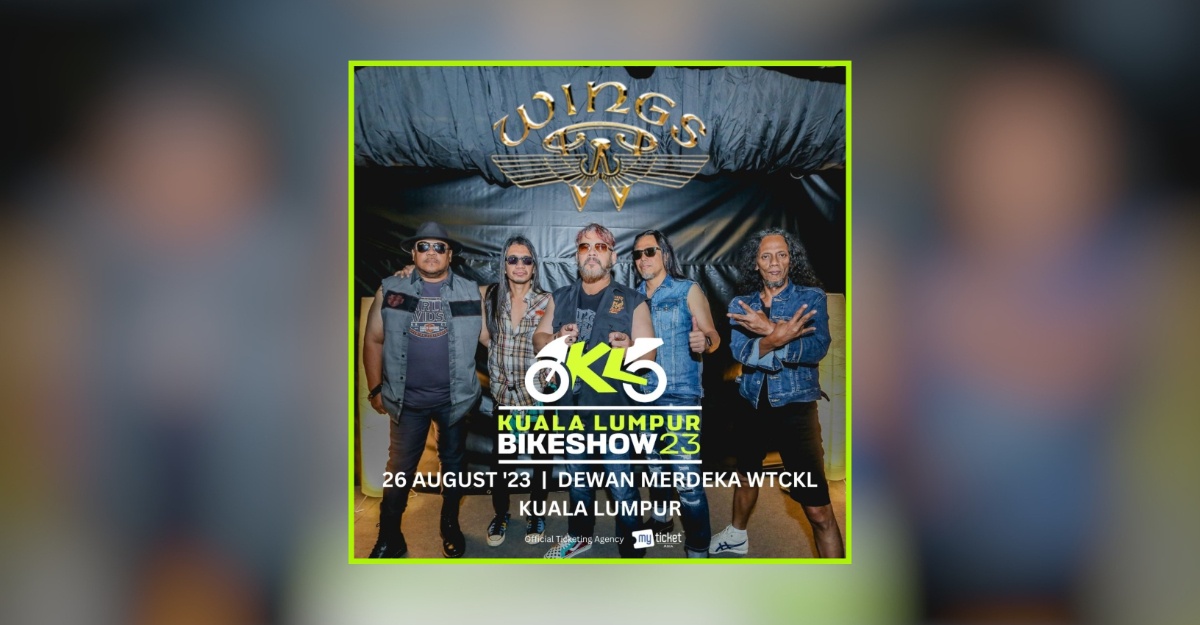SHAH ALAM(Bernama) – Maritime-related careers are more likely to attract men than women due to the challenging nature of the jobs that require much mental and physical resilience.
In Malaysia, according to Ministry of Transport statistics, the Maritime sector recorded only 72 women employees in 2019, which is one percent of the country’s 7,226 seafarers.
Several women sailors interviewed by Bernama admitted that they “stumbled upon this field accidentally” as they had no other options. Nevertheless, they have grown accustomed to life at sea and are even encouraging other women to follow in their footsteps.
Urging the authorities to provide more exposure to career paths for women in the maritime sector, they said they themselves were not aware of this field’s career potential until they chanced upon an exhibition by the Malaysian Maritime Academy (ALAM) displaying its tertiary educational opportunities.
According to them, sailors mostly work on a freelance basis and are able to earn five-figure salaries. Not only that, they also have the opportunity to work for foreign shipping companies that dominate the maritime industry, which will enable them to gain valuable experience that will help in their career advancement.
CHANCE TO TRAVEL AROUND THE WORLD
ALAM alumnus Nur Akma Noor Mohamad, 31, has her own reasons for being proud to be a seafarer – in April this year, she became the first Malaysian woman to be appointed chief engineer on board a ship belonging to an international shipping company.
Nur Akma, who has six to eight engineers working under her, said her duty is to ensure a smooth voyage until the ship reaches its destination.
Recalling how she found herself working in the maritime sector, she said she has always been interested in pursuing a career in engineering but financial constraints prevented her from continuing with her tertiary education after completing her Sijil Pelajaran Malaysia examination. Then, she came across ALAM’s options for higher studies and the rest, as they say, is history.
She said ALAM opened its doors to female cadets in 2006, offering them a choice of two courses, namely Diploma in Marine Engineering and Diploma in Nautical Studies. Since scholarships were also offered to them, Nur Akma wasted no time in grabbing the opportunity provided by the academy.
“Who could have guessed that someone like me who suffered from seasickness can work in this industry for over 10 years and travel to all corners of the world and get to know various foreign cultures?” she asked.
CHALLENGES
Sharing her experiences, Nur Akma said in the initial stage of her career, she found it difficult to adapt to her working environment and missed her family a lot.
“Imagine having to sail for up to six months… this means being stuck with a crew comprising 99 percent men on board a ship in the middle of the ocean,” she said.
She has since overcome seasickness and become accustomed to working with men.
In fact, most of the time she would celebrate Hari Raya Aidilfitri with her colleagues on board the ship.
On the work front challenges, the young woman said she once faced an emergency when one of the vessel’s six engines caught fire on international waters whilst transporting crude oil.
“This happened in 2010 while our ship was sailing from the United States to Amsterdam (in Holland). The crew members had just finished eating dinner and my colleagues and I had made our way to the ship’s basement to carry out routine checks. When we reached there, we found one of the engines burning and we immediately set out to extinguish the fire,” she related, adding that the captain was on the verge of ordering the crew to leave the ship.
“Fortunately, we handled the incident well and no one was injured.”
EQUAL OPPORTUNITIES FOR WOMEN
Meanwhile, Nur Fathin Shahirah Suhaimy, 28, who works as a dynamic positioning officer (DPO) at an international shipping company, urged women to consider working in the maritime sector as it offers good remuneration and equal opportunities for career advancement.
“Women need not be afraid to work onboard ships where the majority of employees are men because our welfare is assured. We also have policies in place that protect the rights of women working onboard ships,” she explained.
Nur Fathin Shahirah said she is among eight Malaysian women who are qualified in marine navigation but only six of them are still actively sailing. Her duties include ensuring the accuracy of the ship’s coordinates, as well as monitoring the weather and sea conditions that can influence sailing.
Nur Fathin Shahirah, who has been working in the maritime sector for six years, believed that Malaysian women sailors are on a par with their western counterparts who have had a head start in this field.
“The time has come for Malaysian women to be given more exposure to the career potential in the maritime sector,” she added.
Meanwhile, for senior DPO Hakimah Saiful Bahri, 32, marriage is no barrier to her career. She tied the knot with ship captain Junadie Tan Bekim, 39, six years ago and he is fully supportive of her job.
“I’m grateful I married a fellow sailor and we support each other’s careers,” she said, adding that she knew of women who continued with their maritime careers even after having children.
Hakimah, who shares her working experiences on her Instagram account kymsaiful_tan, hopes to become the captain of a ship someday.
“I want to prove that women can continue working in this industry after marriage… to succeed, all we need to have is interest and determination and the support of our families,” she said.
DPO Mohd Harith Wahab, 33, said he has no issues working with his female colleagues or taking commands from a female superior officer as they are qualified for the job and appointed based on their capabilities.
“I’ve worked in this industry for 11 years and more women are now coming on board ships to work. They are good at their work too,” he added.
Sources: BERNAMA









Leave a Comment